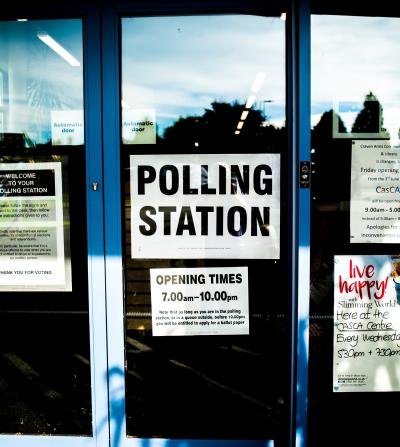Case Background
If Indiana implements its state voter purge law, it will unlawfully disenfranchise voters and disproportionately harm the political voice of communities of color. Indiana chose to purge voters based on unreliable data from the Interstate Voter Registration Crosscheck Program (“Crosscheck”), which purports to identify voters who have allegedly moved and registered to vote out of state. The problem is that the Crosscheck program does not reliably identify voters who have moved out of state and Indiana intends to strip away legally required notice-and-waiting period safeguards when purging voters flagged by Crosscheck. The Crosscheck program’s methodology for identifying double registrants and double voters is fundamentally flawed, one study estimated that Crosscheck’s identification of purported double voters was wrong 99% of the time.
In July 2018, a federal judge in the Southern District of Indiana issued a preliminary injunction halting implementation of Indiana’s voter purge law. This temporary relief is protecting Indiana voters from being unlawfully purged without their knowledge while the case proceeds on the merits.
The defendants’ appeal of the preliminary injunction was rejected by the U.S. Court of Appeals for the Seventh Circuit on August 27, 2019. The Seventh Circuit held that Indiana’s implementation of the Crosscheck program likely violates the National Voter Registration Act of 1993. Litigation to finally resolve the case is continuing in the district court.
Clients
Common Cause of Indiana
Co-counsel
ACLU Foundation, Inc., ACLU of Indiana, ACLU National, Brennan Center for Justice, Davis Wright Tremaine, LLP, Quinn Emanuel Urquhart & Sullivan, LLP, McCain Law Offices, P.C., and Fillenwarth Dennerline Groth & Trowe, LLP

